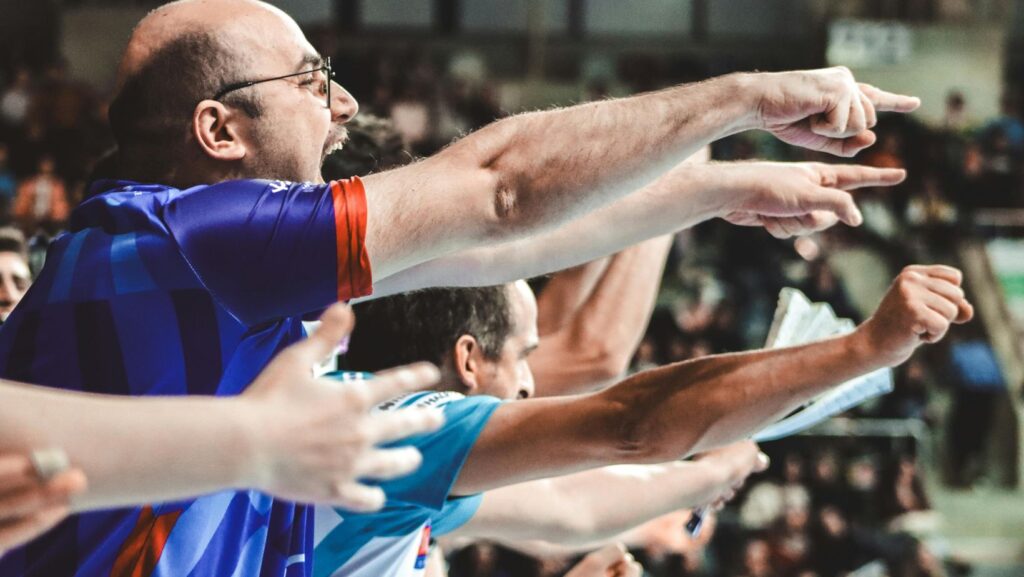
Do you know many commonly spoken and generally accepted truths about sports betting are incorrect? And if you’re new to sports betting, you definitely wouldn’t want to fall into the trap of believing them as they can ruin your chances.
Fortunately for you, we’ve devoted this post to debunking some of the most common ones using stats and examining trends. Trust me, your sports betting online experience will be more fulfilling when you make informed betting decisions as opposed to believing these myths and misconceptions. Without further ado, let’s get right into it.
Five Sports Betting Myths That Mislead Even The Advanced Bettors
Here are some of the oldest misconceptions among bettors.
Myth 1: Sportsbooks Have Insider Information
Many of them believe that these bookmakers must have some sort of information regarding teams, players, or situations that isn’t available to the general public. They even go as far as believing sportsbooks would always get it right with their odds, thus putting them at an unfair advantage.
Sadly, this isn’t true. Sportsbooks actually work toward an entirely different objective. Their top priority is to generate balanced action on either side of a bet, that is, ensuring minimal risks and maximizing profits through the margins.
Although enormous amounts of data, analytics, and expert opinions may go into setting their lines, they are by no means based upon “insider” information. Setting odds occurs based on a pattern of betting and information that is available publicly.
Myth 2: The Public’s Betting Opinion Is Always Wrong
Here’s another popular fallacy that exists in the world of betting. Most professional gamblers believe that once the majority of the public starts wagering on a specific team or outcome, one can be guaranteed to go in the other direction. And if you’re a newbie, chances are you’re already slipping into this wrong belief system. While you can’t always rely on public sentiment as they can skew lines in certain directions, saying the general public is always wrong is a big myth!

More often than not, they do their homework, and this means that sometimes, public bets will align with logic and good statistics. The public tends to like teams in good narratives, or those that have performed well of late, or have a transcendent star on the roster.
So, rather than simply betting in opposition to the public at every turn, we recommend looking out for trends and finding out if they align with data-driven observations. Then, if they don’t align feel free to discard public betting opinions.
Myth 3: They Are “Due” For A Win
This third myth is referred to as the “due factor”. It’s the belief that a team or player is due for a win after a streak of losses. The majority of bettors generally believe that once a team has lost several games in a row, they are therefore entitled to win the next one.
Well, in reality, streaks are unpredictable, and past performances do not dictate future outcomes. Each game is an independent event that may be decided by a lot of factors, including team dynamics, injuries, and levels of competition. Just because a player went through a bad patch doesn’t mean that he will automatically rebound in the following game.
This thinking has often let gamblers down. Hence, the proper strategy will be to evaluate the current form, matchups, and conditions after a streak instead of relying on anecdotal superstitions.
Myth 4: Games Are Often Fixed
This is one of the most alarming myths among bettors. They claim that games are regularly fixed or rigged. These accusations of foul play usually occur whenever there are high-stakes games with very surprising results or when a referee controversy takes center stage.
Although scandals about match-fixing do occur, they are, in fact, extremely uncommon in professional sports. For instance, throughout the history of football, this has only been suspected seven times. Most athletes and organizations have too much on the line in terms of reputation, money, future contracts, and more to risk their careers for the chance of fixing a game.
Also, keep in mind that most games take place fairly, and the unpredictability of sports is partly what makes betting exciting. So, instead of viewing games with suspicion, bettors should understand teams, trends, and statistics in order to make more informed decisions based on skill and performance.
Myth 5: Injuries Provide A Betting Edge
Surprisingly enough, many believe that having insider information like the info about players’ injuries is a major edge when placing bets.

They are quite convinced that knowing details about an injured star player would bring them a windfall of winnings, as line adjustments often follow injury reports. Unfortunately, that’s not how sports betting odds work. While it is true that injuries can affect how a team will perform, it is a misnomer to think that the knowledge of these injuries automatically translates into any particular edge in betting.
Sportsbooks are very attentive to player conditions and adjust their lines accordingly. They have algorithms that factor in injuries and include them in the odds with amazing speed and accuracy, once a player’s injury is announced.
So, in a sense, knowing about injured players is important, but it doesn’t translate directly into a betting edge. Instead, be wise enough to look at it from a broader perspective by studying the team’s historical performance, both with and without a key player.
To sum it all up, enjoying sports betting requires that you learn how to separate facts from superstitions. From “due factor” beliefs to believing that betting against the public will surely bring success, the five myths reviewed herein can mislead bettors and impact their overall strategy in a negative way.
By debunking these myths, bettors, regardless of their skill level, can now approach their wager with a cleaner understanding of the realities of the game. Remember, successful sports betting requires research, strategy, and a sound grasp of probabilities- not superstition or word of mouth. Stay tuned, bet smart, and enjoy the game!












